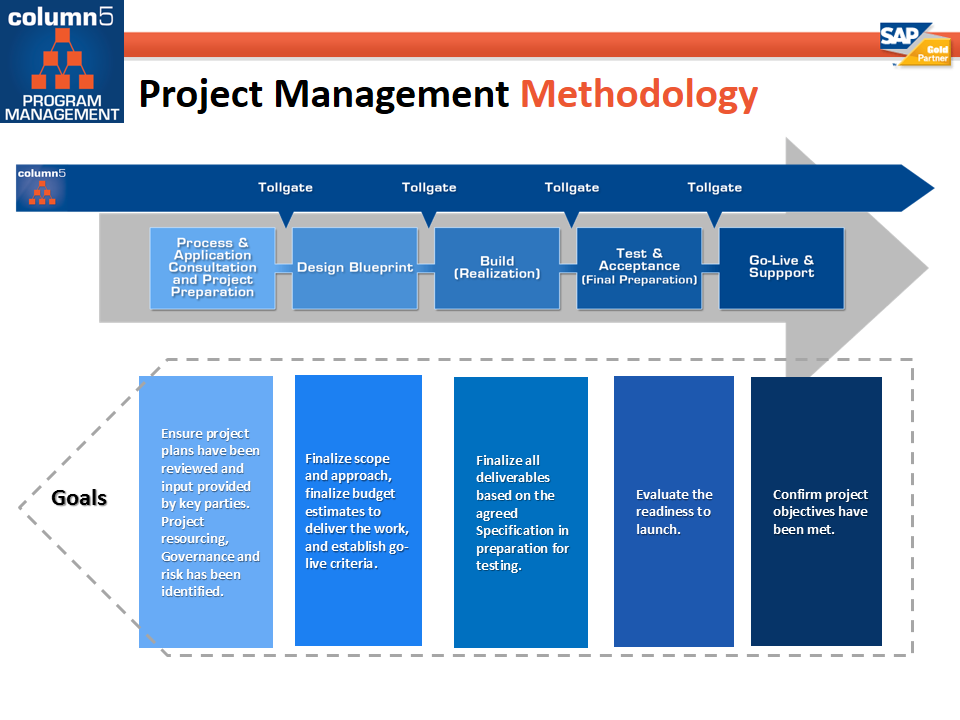Overview
SAP Disclosure Management is an application within the Enterprise Performance Management (EPM) suite. It is used to improve organisations’ reporting where multiple users need to contribute to reports, and accuracy and consistency is critical. Key examples are the Annual Report and Accounts, returns to financial markets and regulators, and internal reports such as board report “books”.
Disclosure Management, as a process, is also known as the “last mile of finance”, where the culmination of all previous steps – financial close, variance analysis, and re-forecasting – are all key ingredients in what is reported to external stakeholders at the culmination of all subordinate tasks. In today’s world of increased expectations of closing faster, integrating financial and operational processes via advanced versions of EPM – like xP&A – the appetite for more integration, automation, and on demand timing is at the highest point ever.
The business case for Disclosure Management is that it manages and streamlines the process of bringing together multiple data sources and text required in external reporting all of which are owned and authored by multiple teams and which require approval by multiple approvers. Some clients choose to outsource performance of this function to a third-party service provider, while others purchase tools for in house use from vendors like Workiva and SAP. We won’t weigh the value of internal or external functionality in this space, but if a decision is taken to perform this function internally, this article provides an overview of the business case for and operational structure of SAP’s Disclosure Management product.
Business Case
The below diagram created by SAP demonstrates the issues faced in reporting that Disclosure Management is designed to streamline.
A typical process leading to a major reporting output such as an annual report or regulatory filing will often have a wide range of data sources. For example, General Ledger systems, Enterprise Performance Management applications such as SAP BPC, SAC, Group Reporting and BFC as well as manually created inputs such as written text. These data sources often feed into numerous Excel and Word documents that form part of the reporting output. The report sections require approvals and collaboration within the organisation that can be difficult to monitor and coordinate. The sections of the report that have been created separately need to be put together into the final output. In the past, the output may have only been a printable format such as a Word document or PDF file, but a number of legal and regulatory filings require electronic submission, notably via XBRL.

















